The Implications of NATO Expansion on Global Security
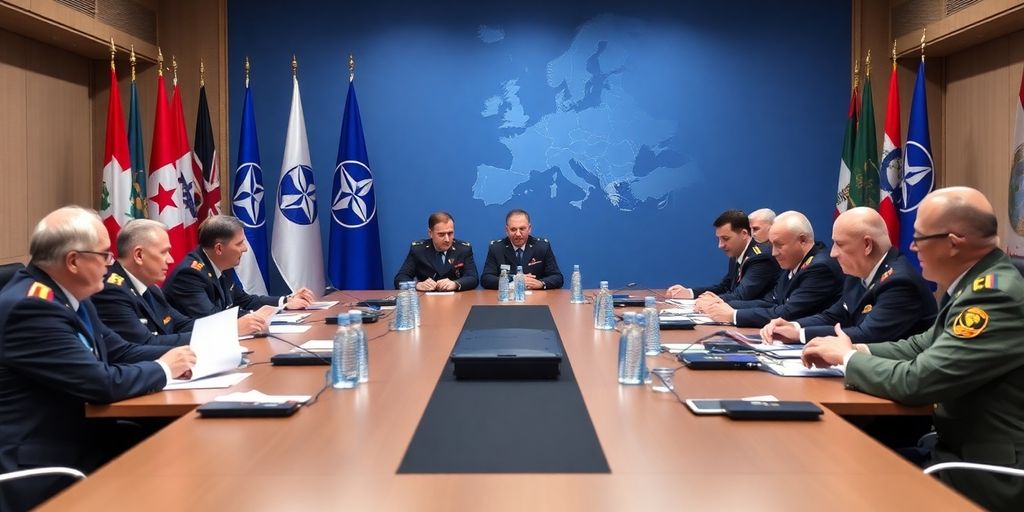
NATO expansion has been a significant topic in global discussions about security and international relations. As countries join this military alliance, it raises questions about how these changes affect not just Europe, but the entire world. This article explores the history, motivations, and consequences of NATO expansion, especially regarding its impact on global security.
Key Takeaways
- NATO was created to promote peace and security among its members after World War II.
- The alliance grew during the Cold War as countries sought protection against the Soviet Union.
- After the Cold War, many Eastern European nations joined NATO to strengthen their security.
- NATO expansion has caused tension with Russia, leading to diplomatic challenges.
- Future NATO expansion may change global security, with new countries looking to join the alliance.
Historical Context of NATO Expansion
Origins and Founding Principles
NATO, or the North Atlantic Treaty Organization, was created in 1949. Its main goal was to provide collective defense against potential threats, especially from the Soviet Union. The founding members believed that if one country was attacked, all members would respond together. This principle is known as Article 5 of the NATO treaty.
Cold War Era Developments
During the Cold War, NATO played a crucial role in maintaining peace in Europe. The alliance helped to deter Soviet aggression and provided a sense of security to its members. Key events, such as the Berlin Blockade and the Cuban Missile Crisis, highlighted the importance of NATO in global security.
Post-Cold War Enlargement
Following the dissolution of the Soviet Union in 1991, many former Warsaw Pact and post-Soviet states sought to join NATO. Countries like Poland, Hungary, and the Czech Republic became members in 1999. This expansion aimed to promote stability and democracy in Eastern Europe.
The enlargement of NATO has reshaped the security landscape in Europe, creating new alliances and challenges.
In summary, NATO’s history reflects its evolution from a defensive alliance during the Cold War to a broader organization that now includes many former adversaries. This shift has significant implications for global security today.
Strategic Motivations Behind NATO Expansion
NATO expansion is driven by several key factors that shape its strategy and goals. One of the main reasons is to enhance security and defense for member countries. By including more nations, NATO aims to create a stronger collective defense against potential threats. Here are some important motivations behind this expansion:
- Security and Defense Objectives: NATO seeks to protect its members from external threats, ensuring a united front.
- Political and Economic Considerations: Expanding NATO can help stabilize regions politically and economically, promoting democracy and cooperation.
- Influence on Global Power Dynamics: By expanding its membership, NATO can play a larger role in global affairs, influencing international relations.
| Motivation | Description |
|---|---|
| Security and Defense | Strengthening collective defense against threats |
| Political Stability | Promoting democracy and stability in new member states |
| Global Influence | Enhancing NATO’s role in international politics |
The ongoing enlargement process of NATO is not a threat to any country; rather, it aims to promote stability and cooperation, building a Europe that is whole and free.
In summary, NATO’s expansion is not just about adding new members; it is about creating a safer and more stable world for everyone.
Impact on Relations with Russia
Historical Tensions and Conflicts
The relationship between NATO and Russia has been marked by long-standing tensions. Since NATO’s formation, Russia has viewed the alliance with suspicion. Key events that have fueled this tension include:
- The expansion of NATO into Eastern Europe.
- Military interventions in the Balkans.
- The 2008 war in Georgia.
Current Diplomatic Challenges
Today, NATO’s expansion continues to create diplomatic hurdles with Russia. Some of the main challenges include:
- Increased military presence near Russian borders.
- Ongoing disagreements over Ukraine and Crimea.
- The perception of NATO as a threat to Russian sovereignty.
Potential for Future Cooperation
Despite these challenges, there is still a chance for future collaboration. Possible areas for cooperation could be:
- Joint efforts in counter-terrorism.
- Collaboration on arms control agreements.
- Engagement in dialogue to reduce military tensions.
The idea that NATO enlargement is aimed at Russia is a misconception. Every country has the right to choose its own security arrangements, which is a fundamental principle of international relations.
In summary, while NATO’s expansion has complicated relations with Russia, there are opportunities for dialogue and cooperation that could lead to a more stable security environment.
NATO Expansion and Global Security Architecture

Role in International Peacekeeping
NATO plays a crucial role in international peacekeeping efforts. Its missions help stabilize regions affected by conflict. Some key aspects include:
- Deployment of troops in conflict zones.
- Collaboration with other international organizations.
- Training local forces to maintain peace.
Influence on Non-NATO Countries
The expansion of NATO has significant effects on countries that are not part of the alliance. These influences can be seen in:
- Increased military cooperation with neighboring nations.
- Pressure on non-member states to align with NATO standards.
- Economic ties that develop through defense contracts.
Challenges to Multilateral Security Agreements
NATO’s growth can create challenges for existing security agreements. Some of these challenges include:
- Competing interests among member and non-member states.
- Strain on resources as NATO expands its commitments.
- Potential for misunderstandings leading to conflicts.
The idea of NATO enlargement would be permanently shelved — for too broad or too grand an umbrella would risk turning a lynchpin of security into an open-ended …
In summary, NATO’s expansion significantly shapes the global security landscape, affecting both member and non-member states alike. Its role in peacekeeping and influence on global dynamics cannot be understated, as it continues to navigate complex challenges in a changing world.
Regional Implications of NATO Expansion
Effects on European Security
NATO expansion has significantly changed the security landscape in Europe. New member states have joined, which has led to increased military cooperation and defense strategies. This expansion aims to create a more secure environment against potential threats.
- Strengthened defense capabilities among member nations.
- Enhanced collective security measures.
- Increased military exercises and joint operations.
Influence in the Asia-Pacific Region
NATO is also looking beyond Europe. The alliance is strengthening dialogue and cooperation with its partners in the Indo-Pacific region – Australia, Japan, South Korea, and New Zealand. This is important for maintaining stability and addressing security challenges in that area.
- Building partnerships with key nations.
- Addressing regional security threats together.
- Promoting democratic values and human rights.
Impact on Middle Eastern Geopolitics
The expansion of NATO can also affect the Middle East. As NATO grows, it may influence how countries in this region interact with each other and with NATO members.
- Potential for increased military presence.
- Opportunities for joint training and exercises.
- Challenges in balancing relationships with non-NATO countries.
The expansion of NATO is reshaping global security, creating new alliances, and influencing how countries work together to face common challenges.
Criticism and Controversies Surrounding NATO Expansion
Arguments from Member Nations
Many member countries have raised concerns about NATO expansion. Some argue that it can lead to increased tensions with Russia. Others believe that expanding NATO might stretch resources too thin. Here are some key points:
- Increased military spending: Countries may need to invest more in defense.
- Risk of conflict: Expansion could provoke hostile reactions from non-member states.
- Diverse security needs: Different nations have varying security priorities, complicating a unified approach.
Perspectives from Non-Member States
Non-member countries often view NATO expansion with skepticism. They worry about the implications for their own security and regional stability. Key perspectives include:
- Sovereignty concerns: Some nations feel their independence is threatened by NATO’s influence.
- Regional arms races: Expansion may lead to neighboring countries increasing their military capabilities.
- Diplomatic isolation: Non-member states might feel left out of important security discussions.
Debates on Military Spending and Resources
The debate over military spending is a significant aspect of the NATO expansion discussion. Critics argue that:
- Budget constraints: Many countries face financial limitations that make increased military spending difficult.
- Resource allocation: Funds might be better spent on social programs rather than military enhancements.
- Inequality among members: Some nations contribute more than others, leading to tensions within the alliance.
The expansion of NATO raises important questions about global security and the balance of power. A wiser policy for peace might involve reconsidering the approach to NATO’s growth, as suggested by various scholars.
Future Prospects for NATO Expansion

Potential New Member States
NATO is considering adding new countries to its alliance. Some of the countries that might join include:
- Ukraine: The alliance fully supports Ukraine’s inherent right to self-defence, and its right to choose its own security arrangements. Ukraine’s future is in NATO.
- Georgia: This country has shown interest in joining NATO for better security.
- Sweden and Finland: Both countries have applied for membership due to rising tensions in their region.
Evolving Strategic Objectives
NATO’s goals are changing to meet new challenges. Some of these objectives include:
- Enhancing collective defense against potential threats.
- Improving cyber defense capabilities to protect member states.
- Strengthening partnerships with non-member countries to promote stability.
Long-Term Global Security Implications
The expansion of NATO could have significant effects on global security. Some potential impacts are:
- Increased military presence in Eastern Europe.
- Possible tensions with Russia, which may feel threatened by NATO’s growth.
- A stronger unified response to global crises, enhancing international peacekeeping efforts.
The future of NATO expansion will shape not only the alliance itself but also the broader landscape of global security. Understanding these dynamics is crucial for all nations.
Conclusion
In summary, the growth of NATO has a big effect on global safety. While it aims to keep peace and protect its members, it can also create worries among countries that feel threatened by its expansion. This can lead to more tension and even conflict in some areas. It is important for NATO to find a balance between protecting its members and keeping good relationships with other nations. By doing so, we can hope for a safer world where everyone can work together.
Frequently Asked Questions
What is NATO and why was it created?
NATO stands for the North Atlantic Treaty Organization. It was formed after World War II to help countries in Europe and North America work together for their safety and to prevent wars.
How has NATO changed since the Cold War?
During the Cold War, NATO focused on stopping the Soviet Union. After the Cold War, NATO grew by adding more countries to help keep peace in Europe.
Why do some countries want to join NATO?
Countries often seek NATO membership for protection against threats and to gain support from stronger nations. They believe being in NATO makes them safer.
What are the main issues between NATO and Russia?
NATO and Russia have had a rocky relationship. Russia feels threatened by NATO’s expansion, while NATO sees Russia’s actions as a danger to peace.
How does NATO affect countries that are not members?
NATO’s actions can influence non-member countries by changing how they feel about security and cooperation. Sometimes, it can create tensions with these nations.
What might the future hold for NATO?
The future of NATO may include new countries joining and changing goals to address new global challenges, which could impact world safety.
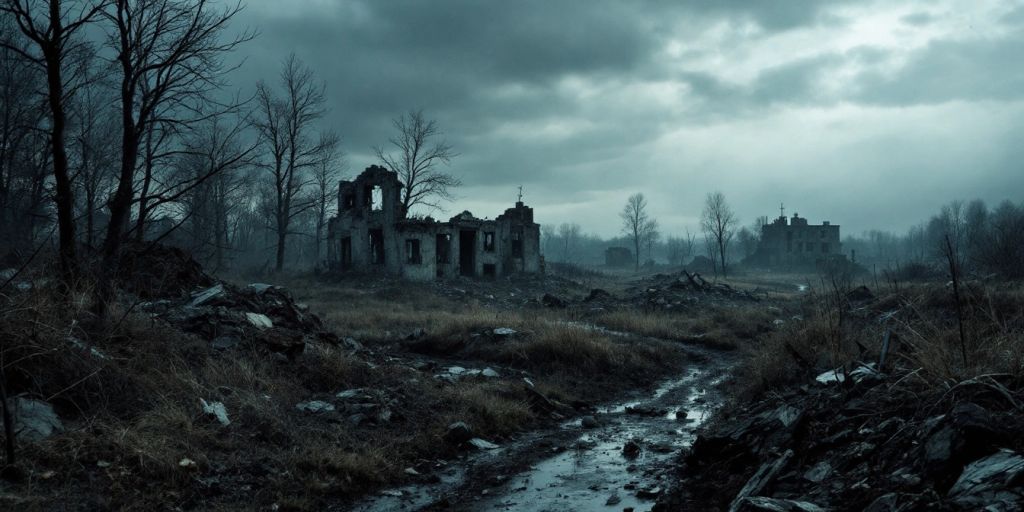
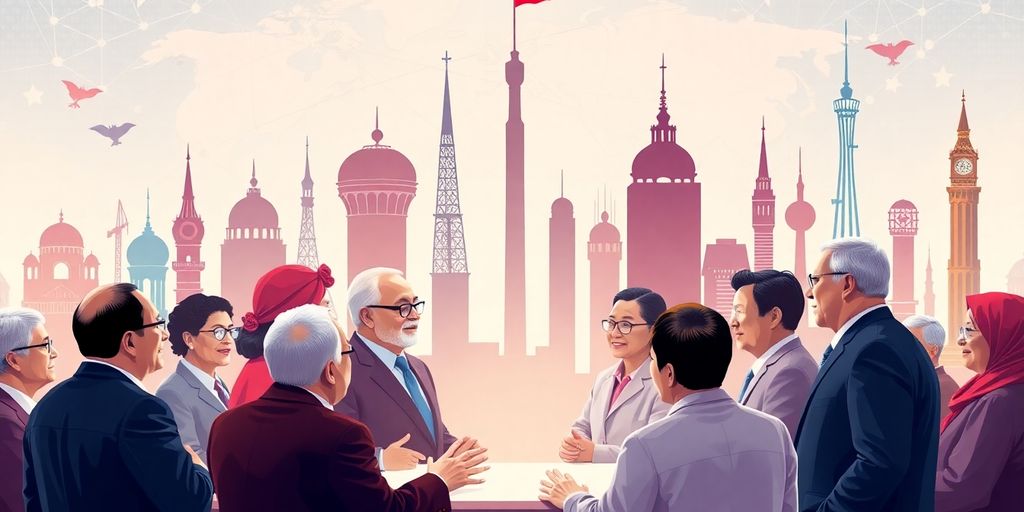

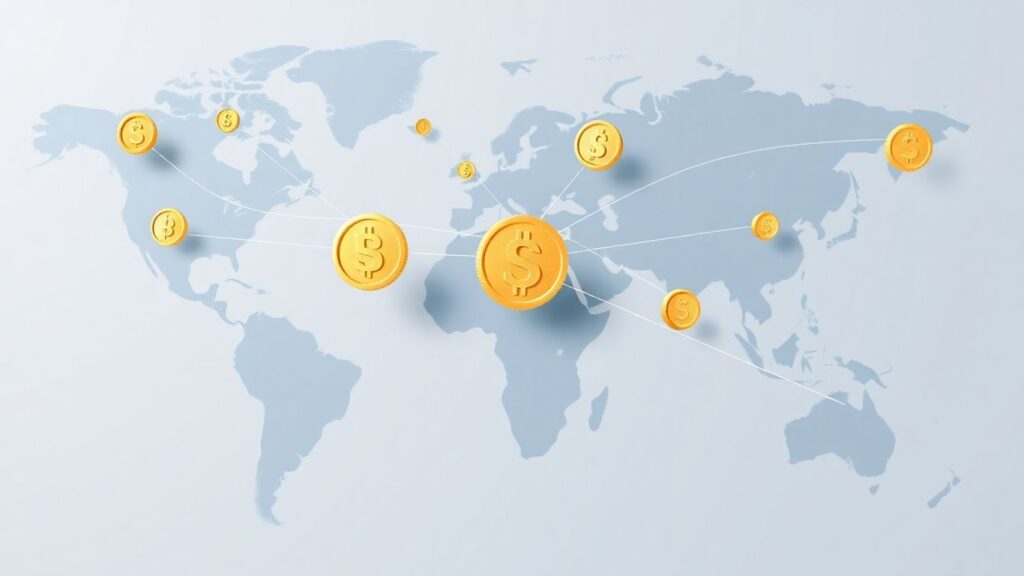


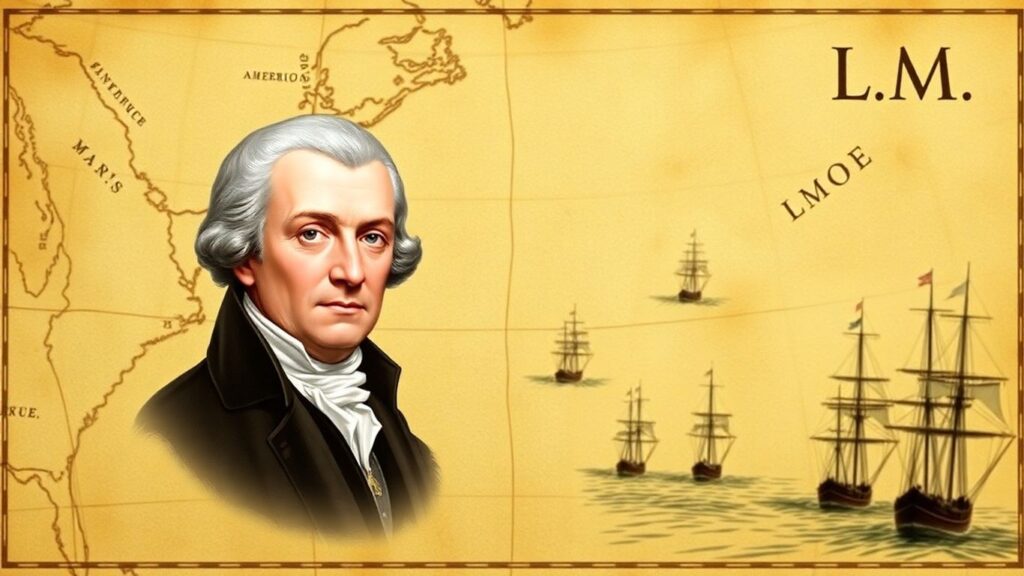
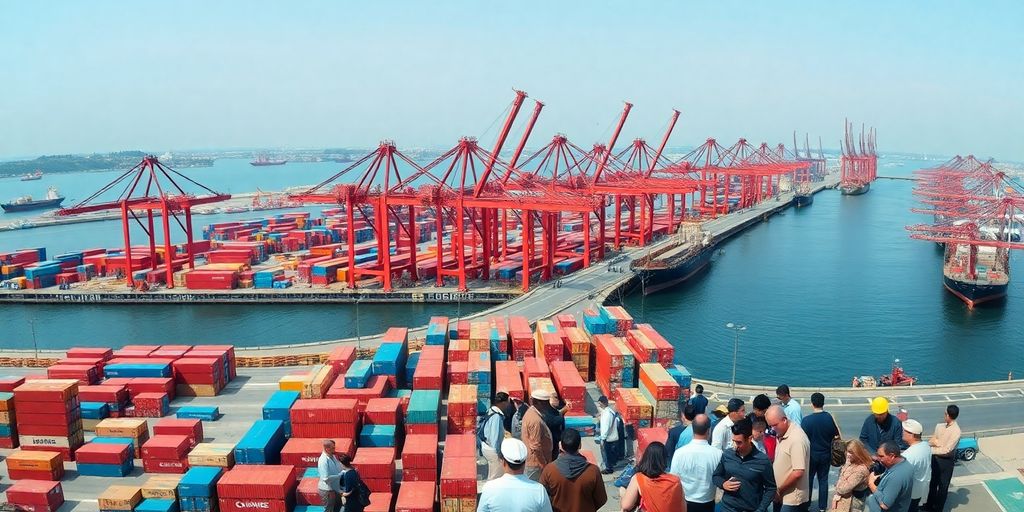
Responses